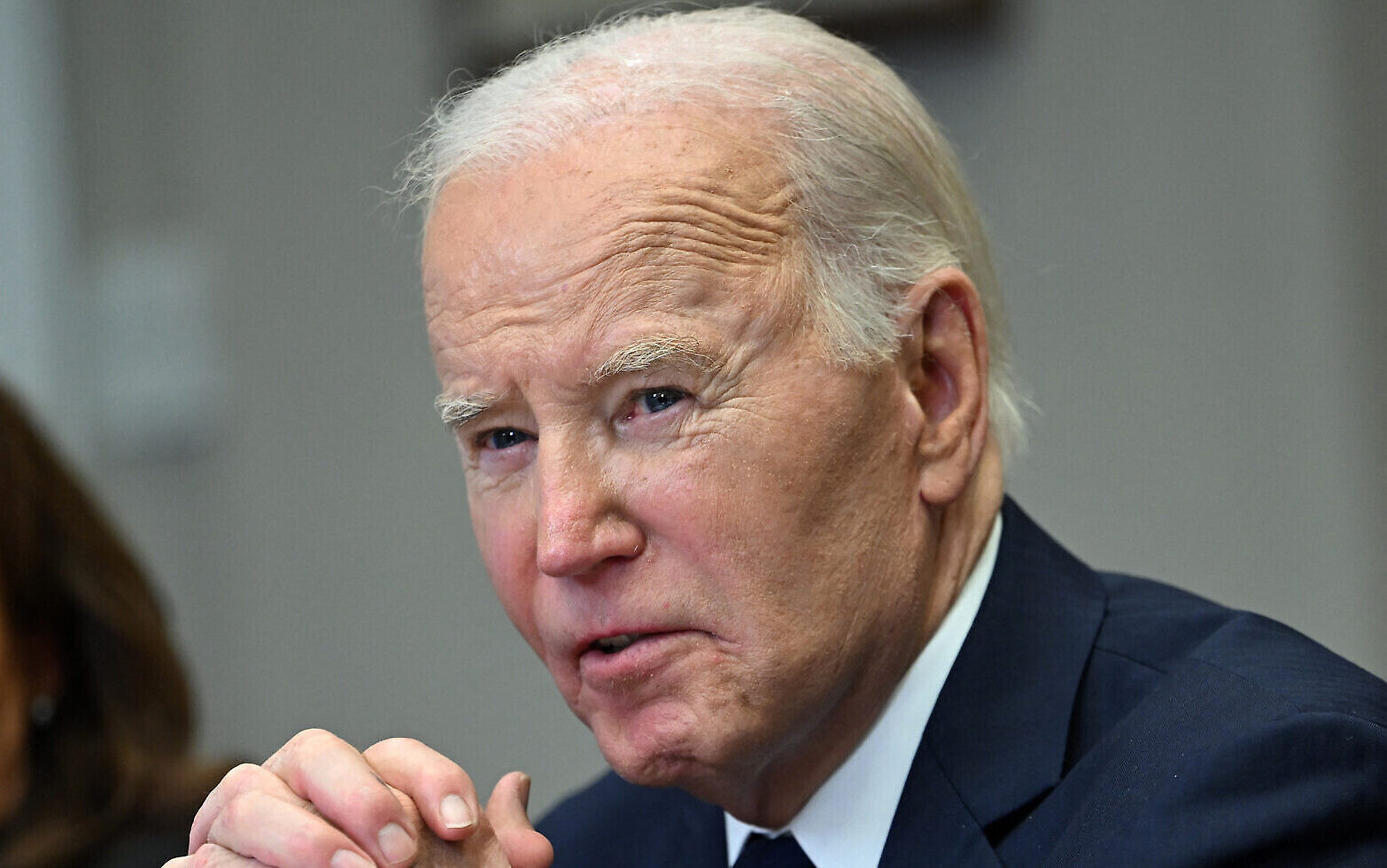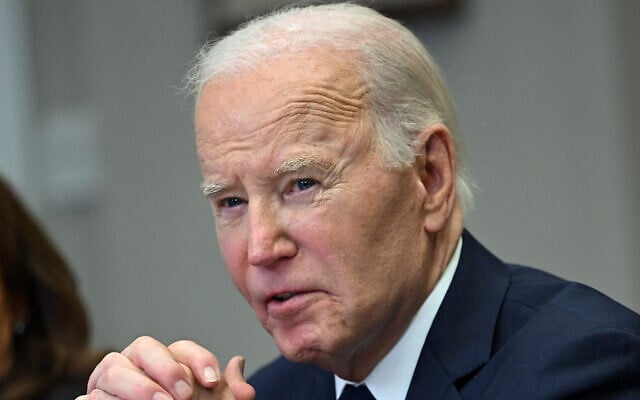



The Times of Israel is liveblogging Friday’s events as they happen.
Macron says Mideast situation among the issues he discussed with UK’s Starmer
French President Emmanuel Macron says in a post on X that he met with British Prime Minister Keir Starmer and they both reaffirmed their commitment to support Ukraine and discussed several other issues.
At Chequers, the British prime minister’s official country residence, Macron says that he spoke to Starmer regarding the situation in the Middle East and the relationship between the United Kingdom and the European Union.
The two countries are now prepared for the upcoming Franco-British Summit, he says in the post on X.
After Herzog visit, Cypriot official says Israel and UAE worried about Turkish influence in Syria
NICOSIA, Cyprus — Israel and the United Arab Emirates are concerned about the extent of Turkey’s military footprint and influence inside Syria and have reached out to Cyprus to act as a mediator, a Cypriot official says.
Israel’s President Isaac Herzog and the Emirati foreign minister held separate meetings with the president of Cyprus on Thursday to discuss events in Syria, the official says, speaking on condition of anonymity because he is not authorized to publicly discuss details of the meetings.
The impromptu meetings came a day after Cypriot President Nikos Christodoulides attended a trilateral summit in Cairo with Egypt’s president and Greece’s prime minister.
The official says there is a “convergence of views” between Israel, the UAE, Egypt, Lebanon, Jordan and other neighboring countries about how the situation within Syria will unfold and what repercussions they will have on the future of the region.
Turkey had long backed the Syrian rebels who overthrew President Bashar Assad, and is looking to protect its interests in the country now that Assad is gone. Turkey has also threatened a new military offensive into northern Syria unless Syrian Kurdish fighters lay down their arms.
Thank you, President @Christodulides, for your steadfast friendship and the warm and productive discussion we shared. We spoke about the issue that is of the highest priority—bringing home the hostages being cruelly held by Hamas in Gaza—as well as the latest regional challenges… pic.twitter.com/EIGxvZtbmU
— יצחק הרצוג Isaac Herzog (@Isaac_Herzog) January 9, 2025
Biden: ‘Real progress’ being made in hostage talks, but Hamas ‘in the way’ of a deal

US President Joe Biden says he thinks his administration will be able to secure a hostage deal, even though Hamas is currently the obstacle to an agreement.
As is often the case, a question about Israel is among the first to be shouted by the White House press corps as Biden wraps up a briefing on a completely different topic — the wildfires devastating Los Angeles.
Asked to provide an update on the hostage talks, Biden is cautious to get into detail but says, “We’re making some real progress,” adding that he spoke with US negotiators earlier Thursday.
He then switches topics to the Lebanese parliament’s election of military chief Joseph Aoun to be Lebanon’s president. Biden calls him a “first rate guy” and says he heard from the general his plans to ensure that the Lebanese military is “accountable to the Lebanese people — not Hamas, not Hezbollah, not any other group.”
To date, successive Lebanese governments have had a difficult time maintaining independence from the Iran-backed terror group, which has enjoyed veto power over much of the country’s decision-making. With Hezbollah significantly weakened due to an intensified military campaign by Israel late last year, the parliament was able to move forward with today’s vote. While the US publicly refrained from backing any candidate, it privately lobbied for Aoun, according to an official familiar with the matter.
Biden then shifts back to the hostage talks. “I know hope springs eternal, but I’m still hopeful that we’ll be able to have a prisoner exchange.”
“Hamas is the one getting in the way of that exchange, right now, but I think we may be able to get that done. We need to get it done,” he says.
For over a year, the White House has blamed Hamas for the lack of ceasefire in Gaza.
While Egyptian and Qatari diplomats along with some members of Israel’s negotiating team and even several US officials have told The Times of Israel that Prime Minister Benjamin Netanyahu’s refusal to agree to anything more than a temporary ceasefire has been the main obstacle, Washington has refrained from voicing that belief publicly.
US Secretary of State Antony Blinken suggested in a New York Times interview last week that US pressure on Israel has led Hamas to harden its positions.
